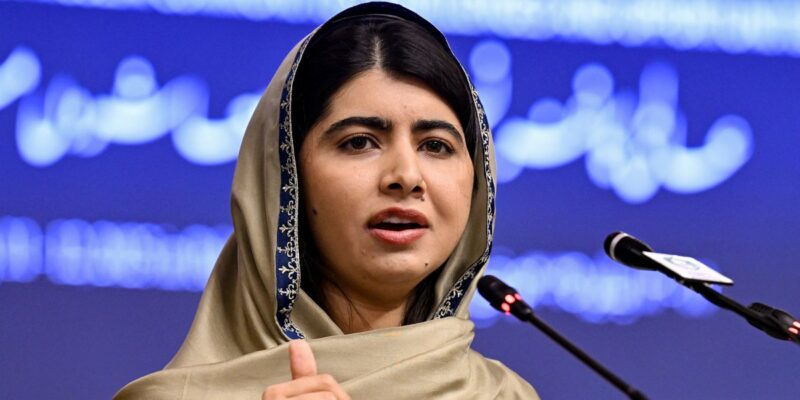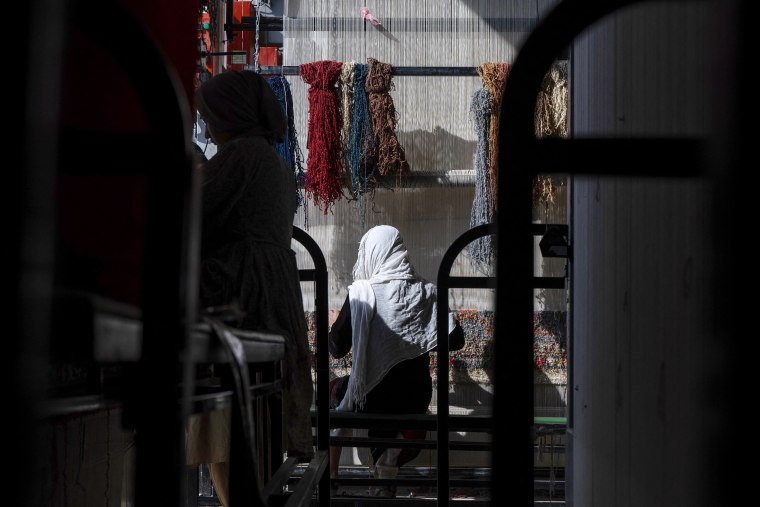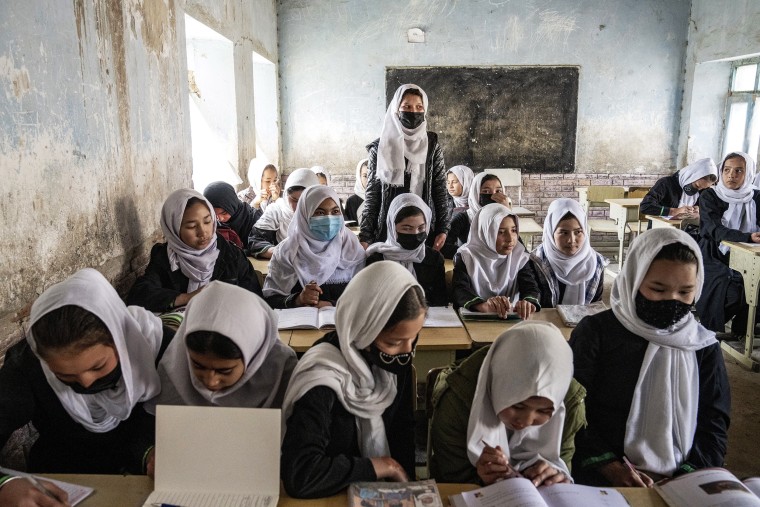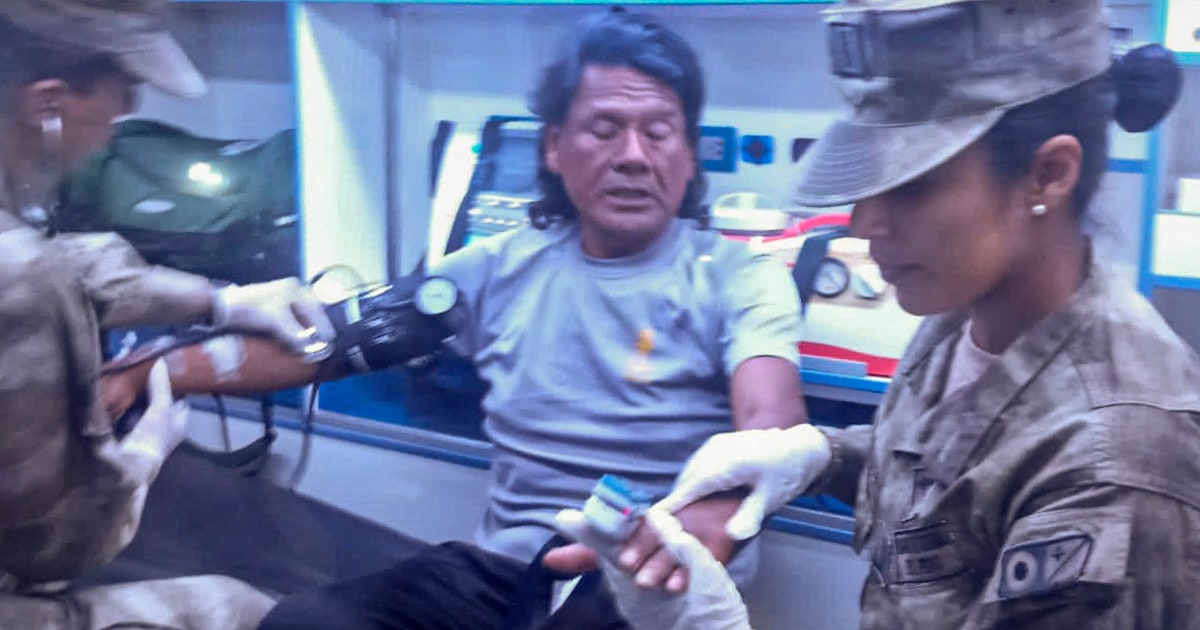
Nobel Peace Prize laureate Malala Yousafzai decried the state of women’s rights in Afghanistan as “gender apartheid” on Sunday and urged Muslim leaders to speak out against the Taliban government’s repressive policies on women and girls’ education.
“Simply put, the Taliban in Afghanistan do not see women as human beings,” she said, speaking in Islamabad during a summit on advancing girls’ education in Islamic countries, organized by the Organization of Islamic Cooperation and the Muslim World League.
The Pakistani education activist added there was “nothing Islamic” about the government’s policies, which ban teenage girls from going to school beyond the sixth grade and women from attending university.
Yousafzai, 27, also urged the attendees, which included dozens of ministers and scholars from Muslim nations, to “openly challenge and denounce” the Taliban by recognizing gender apartheid as a crime against humanity under international criminal law.
“In Afghanistan, an entire generation of girls will be robbed of its future,” she said. “As Muslim leaders, now is the time to raise your voice, use your power.”
Gender expert and Wilson Center Fellow Gaisu Yari told NBC News that “Malala took a bold step by engaging with Muslim leaders, understanding that their influence could have a significant impact when addressing the Taliban.”

Afghan women weave carpets at a factory on the outskirts of Kabul on Nov. 11.Wakil Kohsar / AFP via Getty Images
Afghan representatives did not attend the summit.
Taliban spokesman Zabihullah Mujahid declined to comment, telling NBC News, “We don’t want to comment on Malala Yousafzai’s remarks about us.”
The Taliban has stated that it will use its own interpretation of Afghan culture and Islamic law, known as Sharia, to guide its policies on women’s rights.
Afghanistan is now the only country in the world that bars women and girls — nearly 1.5 million Afghans — from accessing secondary and higher education.
Since it swept back to power in 2021, the Taliban has systematically stripped women and girls of their fundamental rights by passing laws that restrict access to education, work and freedoms of movement and speech.
In December, it banned women from training as midwives and nurses, effectively ending women’s only available access to further education and putting women and children’s lives at risk.
Earlier this month, it passed another order that prevents residential buildings from having windows where women can be seen while at home.
For women, living in Afghanistan is “akin to living in a prison” Yari said.

Afghan school girls in Kabul attend class on the first day of the new school year in 2023.Ebrahim Noroozi / AP file
No foreign government has formally recognized the Taliban due to its restrictive stance on women, while the United Nations has repeatedly denounced the government.
While gender apartheid has not yet been formally codified in international law, women activists, experts and the women’s movement in Afghanistan contend that the Taliban’s rule over the past three years has shown clear characteristics of the practice, Yari said.
Legal experts define gender apartheid as the “systemic, institutionalized discrimination and segregation of individuals based on their gender, designed to maintain male dominance by controlling women.”
In September 2023, the international legal expert and civil society representative Karima Bennoune told the U.N. Security Council that “what has been tried since the Taliban returned to power is not working” and urged the U.N. to wield all available measures to induce the Taliban to reverse its course.
She added that codifying the crime into international law would be one of the most effective ways to do so.















